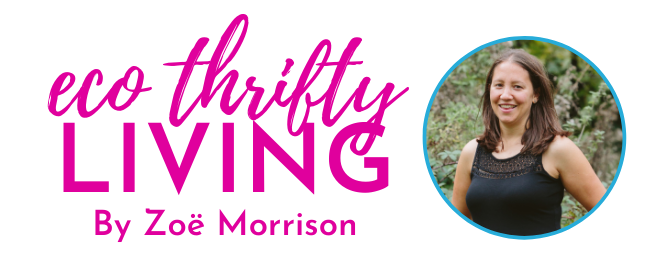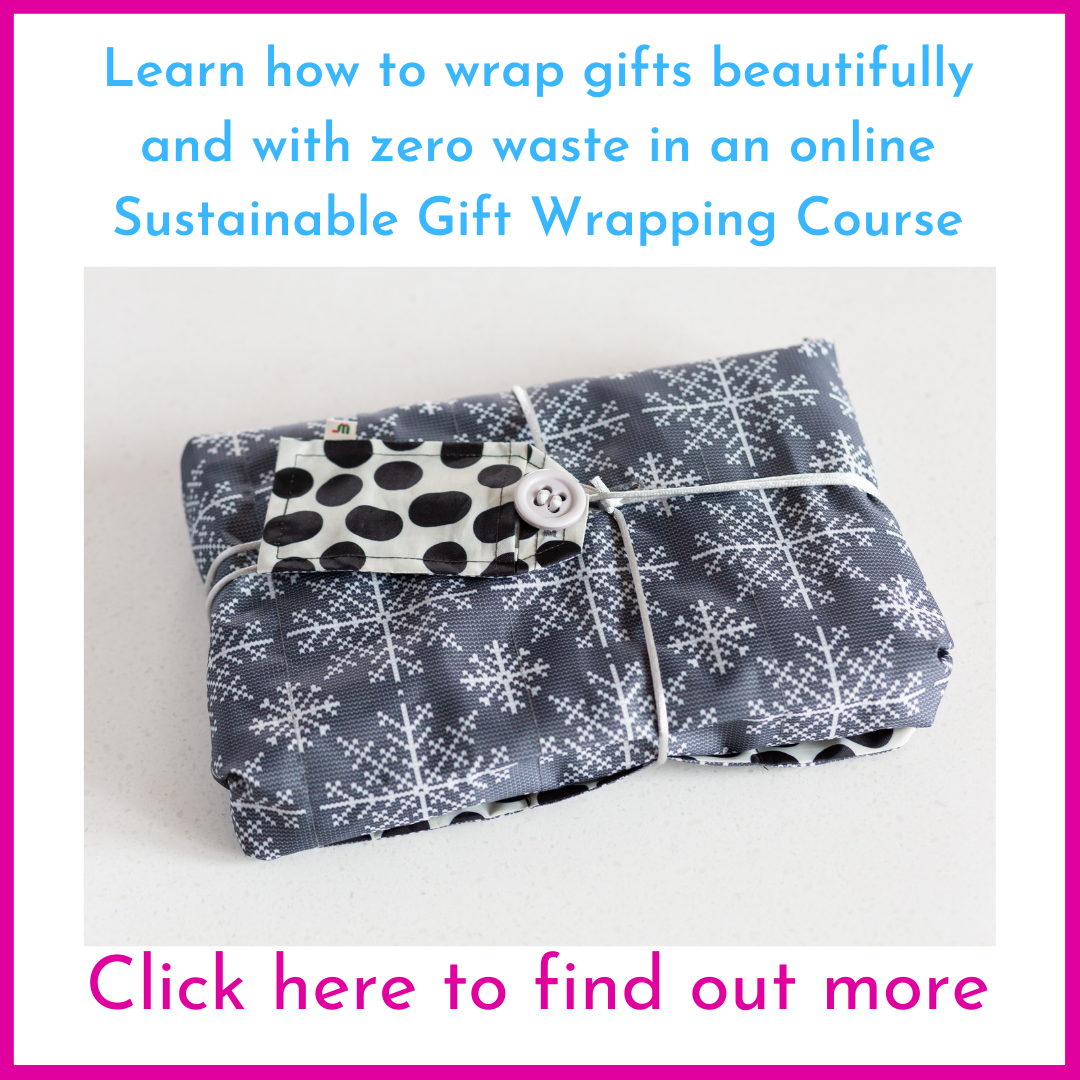
Eco-friendly wet wipe alternatives
What are the eco alternatives to single use wet wipes?
Wet wipes get a lot of negative press. This is because single use wipes contain plastic. They are often flushed down the toilet causing huge drain blockages.
If the wipe makes it into the sea marine life mistake them for food. The tragedy of this is that fish can die as a direct result of eating wet wipes. So we are all encouraged not to flush wet wipes, avoid using them altogether or find eco wet wipe alternatives.
When my kids were babies I used wet wipes all the time. (I’ve never flushed them down the toilet though). At first I used cotton wool and water, but I switched to baby wipes at some point. Probably for convenience.
I bought a supermarket own brand fragrance free eco variety of baby wipes. I gave zero thought to the level of eco-friendliness of those baby wipes beyond the word on the packaging. This was in spite of them costing around double their non eco-friendly equivalent. I used to use them for everything! Cleaning floors, toilets, bins, dirty shoes, wiping messy hands and faces, the list was endless.
Every week I was using around 2 packets of baby-wipes at a cost of £156 a year.
I looked at my baby wipes a bit closer and realised they were not eco friendly at all. They were in plastic packaging. They were not biodegradable (and actually contain plastic themselves) and contained a complex chemical ingredient list.
The only difference between them and their non-eco friendly counterparts were that in the eco ones 2 ingredients are organic. That does not make them eco-friendly and they were a big waste of money. Even wet wipes which are biodegradable still take a long time to break down. They won’t biodegrade in landfill and if flushed down the toilet can still cause blockages and harm to marine life.
Realising this I started looking into eco wet wipe alternatives.
What are the alternatives to single use wet wipes?
- Reusable cloths. These can be dampened and kept in a water proof pouch for going out with your kids or family.
- Swap cleansing and makeup wipes for olive oil and a *soft cloth. Olive oil is a great makeup remover. Apply it with your fingers and wash it off with the cloth.
- Hand and face single use wipes can be swapped for reusable flannels.
- Replace cleaning or dusting wipes for kitchen or bathroom with & *reusable washing cleaning cloths.
- Antibacterial wipes. Ditch them altogether. Overuse of antibacterial agents may be contributing to antibiotics becoming less effective. If you are worried about bacteria in a particular area wipe with vinegar.
- Floor wipes can be swapped for a mop or *reusable floor wipe solution.
- Use waste paper from your recycling bin to wipe down items such as the kitchen bin.
- Take a change of shoes and clothes with you if you get muddy out and about. Pop them in a reusable bag to wash when you get home so you don’t need single use wipes.
- Rinse muddy shoes off in a bath or shower and then leave them in there to dry. If they won’t do well if soaked, then spot clean them with a cloth.
You might be wondering if washing reusable cloths negates the eco-friendliness of using reusable wipes. Well, to produce disposable items takes water and energy and then they end up in landfill. To reuse items takes water and energy but they don’t end up in landfill. Especially if they are made from natural fibres as they can be added to your compost heap.
Plus you don’t need to buy cloths! You can chop up old towels or sheets like I did.
This blog post contains affiliate links and anything you buy through them will help to support the blog as I will get a small commission. All opinions are my own – Thanks!





